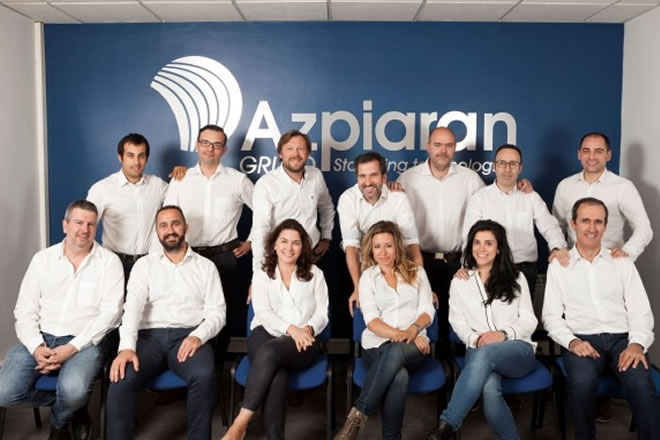
Financing
Raising Capital
Financing
IMAP Albia Capital offers a successful experience in raising capital for business activities, investments or acquisitions.
- Financial expertise in acquisitions, recapitalizations, financial growth, loan based assets and project finance for a wide range of industries.
- Financial re-structuring and refinancing projects.
- Analysis and structuring of financial deals as well as company´s debt structuring. Detailed financial study to follow-up the company´s performance in order to anticipate any potential risks of failing to fulfill its commitments or agreements with financial entities.
- Personal contact with private equity firms, main banks, financial
entities, debt funds and private investors.

Support in planning, implementation and monitoring
Support
in planning, implementation and monitoring
| 1. Planning | |
| Restructuring | Quick Feasibility Diagnosis |
| Feasibility Plan / Restructuring |
| 2. Implementation |
| Support in the implementation of the Feasibility Plan (workers, suppliers, banks, etc.) |
| Interim Management |
| Reduced operational costs and external services |
| Financial Restructuring | Financial Planning |
| “12-month” monthly Treasury Plan |
| Refunding | |
| New Funds | Obtaining non-bank financing (No Cirbe) |
| Sale of subsidiaries or non-core assets | |
| Entry of new partners | |
| 3. Monitoring Committee: Control of implementation and repositioning of the designed Plan/td> |
Unlike other competitors, our commitment goes beyond preparing the papers. We support and commit ourselves to the execution and to obtaining solutions and alternatives.
Alternative Financing
Alternative financing provides multiple advantages for companies:
- Diversification of financing sources so as not to depend exclusively on a limited number of banks which, in a financial crisis, all tend to restrict their lending simultaneously.
- It allows companies to assume higher levels of debt than banks.
- The financing can be used for a wider variety of purposes: to purchase a company, buy out a minority partner, pay dividends from the debt or financing funds, finance real estate development, etc.
- It is known as bullet debt, i.e. the principal is not amortized until maturity, thus enabling greater leverage over a longer period of time.
- It provides greater flexibility in the covenants; and
- The process is much faster than bank financing, with transactions closing in just a few weeks.

In addition to Debt Funds, the main financing alternatives available to companies are as follows:
Bonds/Promissory Notes: Bonds/promissory notes offer most of the advantages of alternative financing at a lower cost. The advantage over private debt funds is that the structure is quite standard due to the multitude of investors involved in the issue. They require authorisation from the market where they are to be issued, a prospectus for investors and a rating by a regulated rating agency. They are generally issued for 5-7 years, at rates ranging from 4% to 7.5% for amounts over 15-20 million on the MARF and Euronext exchanges.
Private Debt Funds: There are various types of private debt funds and they are generally much more flexible than bond issues. The terms are usually between 4 and 7 years and the rates are generally higher than those of corporate bonds, depending on the level of risk. They require due diligence and amounts can range between 5-10 million euros.
Crowdlending: Crowdlending platforms can be a suitable instrument for small amounts of less than 3 million Euros. Loan terms range from 1 to 7 years with rates starting at 4%.
IPO (MAB / Euronext / Alternext): The Alternative Stock Market and its European counterparts offer good opportunities for companies that require financing in the form of capital from €5 million up looking to provide their shareholders with liquidity.
Private Equity: Bringing an institutional investor on board to finance growth is an alternative that can provide knowledge and experience in the sector in addition to financing. This requires price negotiations and is usually a lengthy process. It should be noted that these are temporary partnerships that require a divestment option and involve shareholders’ agreements.
“In any financial restructuring process, it is essential to be accompanied by someone with whom to reach an agreement on a very precise financial plan, known by the bank and fully reliable…”
Alex Ormaechevarria – Vice – General Manager Grupo Azpiaran


“The fact of having counted on IMAP ALBIA CAPITAL´s collaboration in several RESTRUCTURING and REFINANCING processes over the last 15 years, has enabled me to verify not only the highly trained professionals they are, but likewise their creativity in seeking reasonable solutions for all parties, empathy towards the client, and their extraordinary proactive attitude and dedication as consultants.”
Javier Julián – Consejero Delegado de Praxis Pharmaceutical
